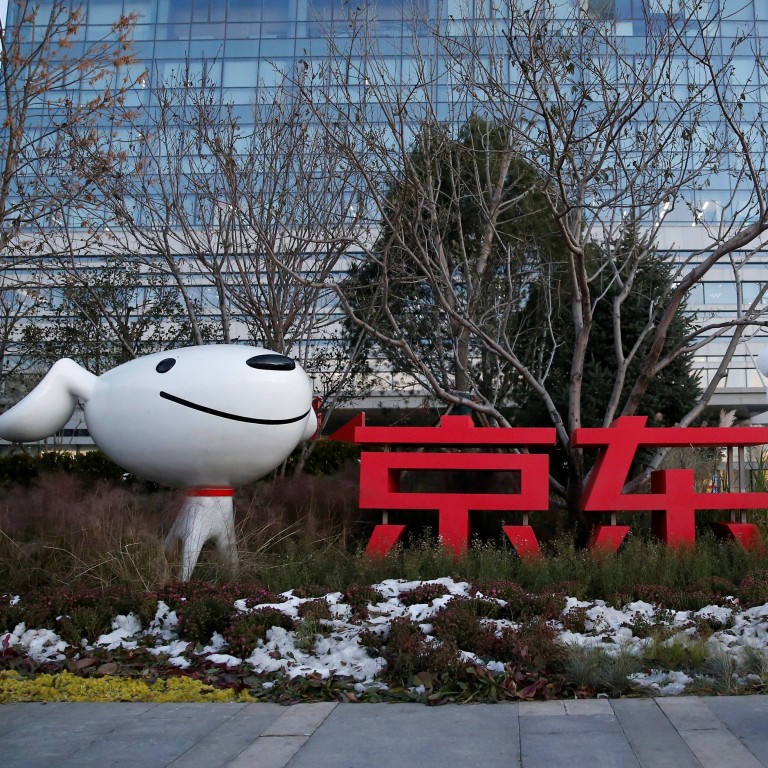
JD.com wins Spring Festival Gala partnership, following ByteDance, Tencent, and Alibaba, in sign of political approval
- JD.com is CCTV’s official partner for the most-watched television broadcast in the country, when it will give away cash as virtual red packets
- The partnership has become a sign of both financial power and political approval, which the company has maintained amid China’s crackdown on Big Tech
Chinese e-commerce giant JD.com has secured a deal to serve as the exclusive partner of state broadcaster China Central Television (CCTV) to give away cash as virtual red packets at this year’s Spring Festival Gala, the country’s most-watched television broadcast.
Internet firms wage digital red packet war during Lunar New Year
The latest sign of this goodwill is JD.com’s participation in the gala that has been a Lunar New Year’s Eve tradition for millions of Chinese families since it started in 1983. Last year, it was viewed by more than 1.27 billion people on TV and streamed online in more than 170 countries, according to People’s Daily, the official newspaper of the Communist Party.
This year’s show will mark the fifth consecutive year that CCTV has partnered with a major Chinese internet company to give away red packets.
The show’s viewers are encouraged to interact with the live show through various games and features on the exclusive partner’s app to win cash given away as digital red packets, a modern version of the holiday tradition of gifting cash in red envelopes.

The Spring Festival Gala has been a promotional battleground among China’s largest internet companies since 2015, a year after WeChat introduced virtual red packets to promote the use of WeChat Pay. That year, WeChat became the first large tech enterprise to sign a partnership with CCTV.
A week before the gala, Alibaba announced that it would give away 600 million yuan in red packets. WeChat quickly followed with its own announcement of a 500 million yuan giveaway. The competition sparked a frenzy among consumers to try to snap up as many red packets as possible on the platforms.

